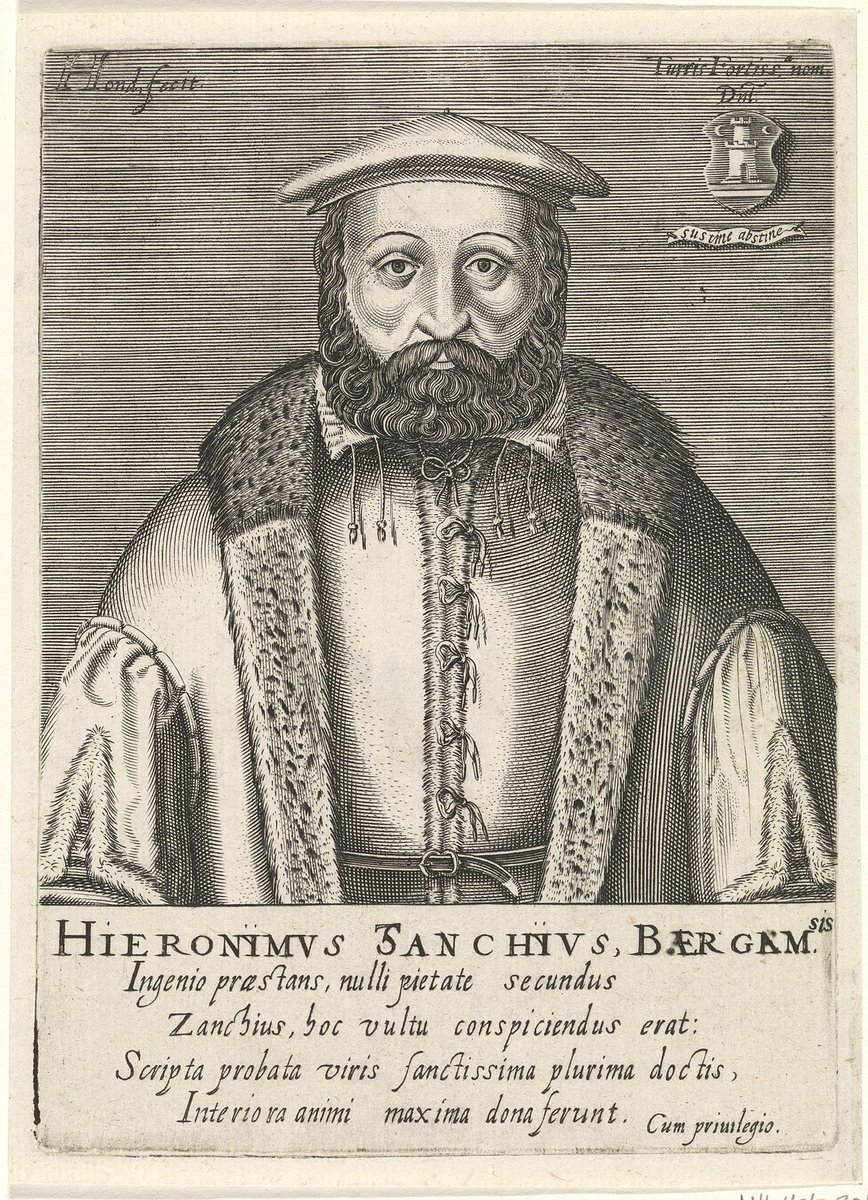
Why the “Canon Conundrum” fails.
(1) It is circular, in order to show the Roman Catholic magisterium to have the authority to set the canon the RC must first appeal to Christ's promises of infallibility to the church (Matt. 16, etc.) which presupposes a knowledge of the canon.
(1) It is circular, in order to show the Roman Catholic magisterium to have the authority to set the canon the RC must first appeal to Christ's promises of infallibility to the church (Matt. 16, etc.) which presupposes a knowledge of the canon.
Thus making the church superfluous. (2) It's self-defeating, if the RC is correct that the Protestant is not justified in believing the canon of Scripture as they arrived at it through fallible means then, in the same way, the RC is not justified in trusting their magisterium,
as they chose their church through their own fallible, human reasoning. Cartesian certainty in matters of religious authority is impossible to have and searching for it is futile. (3) These epistemology games are modern innovations which run contrary to the view of Scripture held
by the Church Fathers, I'll use St. Chrysostom as one example. He clearly believes that, prior to choosing a church, one can: (a) know the canon of Scripture, (b) read and understand the Scriptures, and (c) use this knowledge to discern which church is true. 

How does one discern the canon?
We discern the canon using both internal and external witnesses, the external are: the majesty of the doctrine, the divinity of the style, the antiquity of the books, fulfilled prophecy, confirmation by miracles and the testimony of the martyrs.
We discern the canon using both internal and external witnesses, the external are: the majesty of the doctrine, the divinity of the style, the antiquity of the books, fulfilled prophecy, confirmation by miracles and the testimony of the martyrs.
However, all these proofs are merely probabilistic and need be confirmed by the internal witness of the Holy Spirit within our hearts which convinces us of Scriptures inspiration. 

Objection: “If Scripture is self-attesting, why did Luther doubt the inspiration of James? why do we affirm the Deuterocanon?”
Answer: Firstly, the vast majority of Protestants have (and always have) accepted the same canon, with this being a rare exception.
Answer: Firstly, the vast majority of Protestants have (and always have) accepted the same canon, with this being a rare exception.
Secondly, disagreement on one point of doctrine or book of Scripture does not mean that one party lacks the Spirit. Because there is not precisely the same equal measure of the Holy Spirit in all; otherwise there would be the fullest agreement in all points.
Thirdly, as Turretin says: “As heaven is sprinkled with greater and lesser stars, so the Scriptures are not everywhere equally resplendent, but are distinguished by clearer and obscurer places, as by stars of a greater or lesser magnitude.” Mistakes can be made by Christians.
Finally, Romanist acceptance of the Deuterocanon does not serve as a defeater for the Spirit's witness to the Scriptures as Rome has anathematized the Gospel: Romanists are not Christians and hence do not have the Spirit.
• • •
Missing some Tweet in this thread? You can try to
force a refresh














